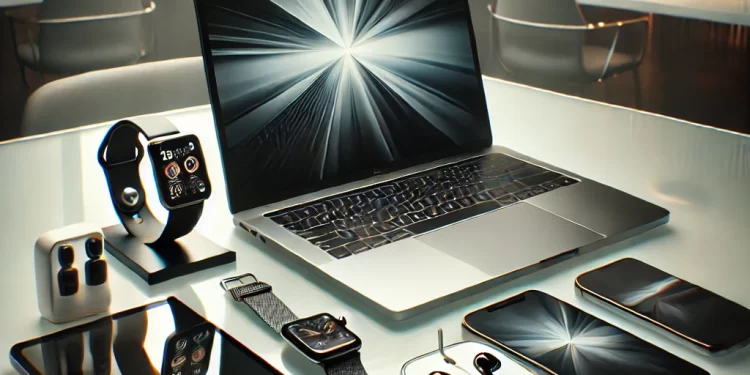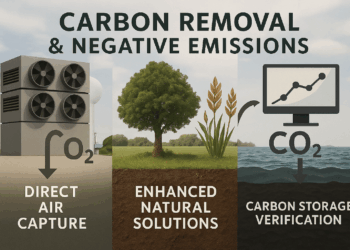In an era of rapid technological advancement, our choices of electronic brands significantly impact the environment. Selecting brands that prioritize ecological awareness helps reduce e-waste, conserve resources, and promote sustainable production. By making informed choices, consumers can drive the shift toward a more environmentally responsible electronics industry for a healthier planet.
Apple leads in eco-friendliness by integrating recycled materials and achieving carbon neutrality in its operations. Philips excels through energy-efficient products and a commitment to the circular economy. Samsung focuses on sustainable product design and energy efficiency. Panasonic focuses on reducing CO₂ emissions, recycling technologies, and developing sustainable energy solutions like solar panels and batteries.
HP leads in eco-friendliness by utilizing over 1 billion pounds of recycled materials in products and packaging since 2019, demonstrating a strong commitment to sustainability. Logitech has significantly reduced its carbon footprint, achieving a 58% reduction in Scope 1 and 2 emissions since 2019, and a 24% reduction in Scope 3 emissions compared to 2021, reflecting its dedication to environmental responsibility. Microsoft: Demonstrates strong sustainability initiatives, aiming to be carbon negative by 2030 and investing in renewable energy and water conservation.
Nokia excels in eco-friendliness with devices like the G22, featuring a 100% recycled plastic back and repairable design. It has a longstanding commitment to sustainability, with efforts in reducing carbon emissions and promoting resource efficiency. Google’s Pixel 8 uses recycled materials and extends device longevity with seven years of software updates and has made significant strides in reducing its carbon footprint and improving product life cycles. Huawei, while less transparent in environmental efforts, incorporates energy-efficient technologies into its devices, contributing to sustainability efforts. However, Huawei has been criticized for lacking transparency in environmental practices, with limited information on sustainability efforts.
Apple’s latest Apple Watch Series 10 is carbon neutral, utilizing 95% recycled titanium and renewable energy in manufacturing. Samsung’s Galaxy Watch 6 incorporates recycled materials and undergoes comprehensive life cycle assessments to minimize environmental impact.
Microsoft’s Xbox has implemented energy-saving features, such as carbon-aware game downloads and updates, reducing carbon footprints and saving users money on electric bills. Logitech G has achieved a 58% reduction in Scope 1 and 2 emissions since 2019 and a 24% reduction in Scope 3 emissions compared to 2021, demonstrating significant progress in sustainability.
Google’s Nest Learning Thermostat enhances energy efficiency through adaptive learning and integration with renewable energy sources. Honeywell’s T5+ Smart Thermostat is Energy Star certified, promoting energy conservation. Ecobee’s Smart Thermostat Premium offers advanced features like smoke and burglar alarms, contributing to home safety and energy efficiency. Amazon Echo devices facilitate smart home integration, enabling efficient energy management through voice-controlled automation.
Sonos leads in eco-friendliness by integrating recycled materials into products, enhancing energy efficiency, and committing to carbon neutrality by 2030.
Sony’s Alpha cameras incorporate recycled materials and energy-efficient technologies, reflecting the company’s commitment to sustainability. It aims for a zero environmental footprint by 2050. Canon emphasizes eco-friendly manufacturing processes and energy-efficient product designs, contributing to its strong environmental performance. It prioritizes energy conservation and resource efficiency throughout its product lifecycle to minimize environmental impact.
Your decisions matter in shaping a sustainable future. By carefully choosing electronic brands that prioritize eco-friendly practices, you contribute to reducing waste and conserving resources. Together, we can support the transition to a greener, more responsible industry. Make your purchases count and help protect the planet for generations to come.








